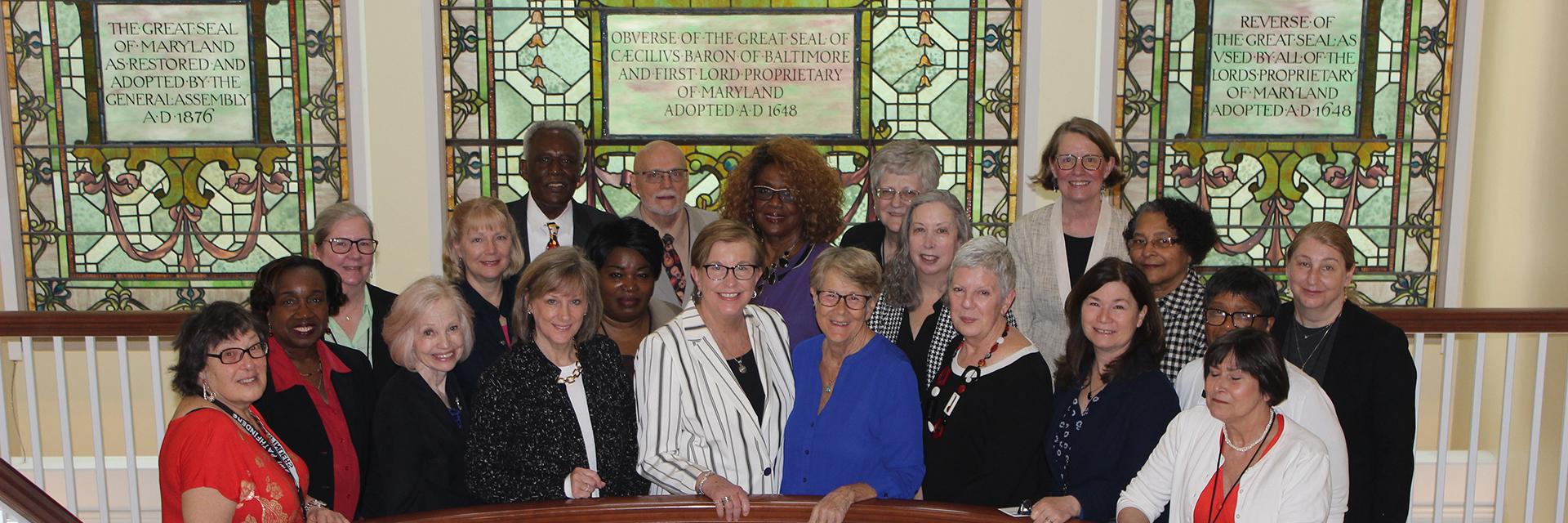
At 50, the School of Public Health’s Center on Aging is thriving. Established to advance research on healthy aging for all, the center will celebrate its half-century milestone with a symposium on December 3rd at the Samuel Riggs Alumni Center.
“We are honored to celebrate five decades of impactful research and significant contributions to the study of aging,” said Professor Jie Chen, director of the Center and chair of the SPH Department of Health Policy and Management. “At this milestone, we reflect on how the center has shaped policies and practices to improve the lives of older people, and we also look to the future of aging research and care.”
Founded in 1974, the Center on Aging has evolved into a dynamic, campus-wide hub for aging research. By drawing on expertise from diverse disciplines and utilizing advanced tools in big data and analytics, the Center addresses the complex challenges of aging. Its initiatives focus on improving health outcomes and enabling healthy aging across diverse populations.
By 2030, the U.S. Census Bureau reports that 20% of Americans will be over the age of 65, but not everyone will age alike. According to SPH Professor Dahai Yue, a core faculty member at the Center, life expectancy has decreased in the last few years, and disparities in life expectancy have widened in the United States.
We’re staying at the forefront of aging research, responding to emerging needs and advancing the well-being of aging populations nationally and globally.
Yue notes that the Center is dedicated not only to research but also to advocating for and connecting seniors with opportunities to thrive – and to shape their future. For example, a program called Legacy Leaders, led by Wesley Queen, the associate director of the Center on Aging, pairs seniors with state legislators and nonprofits for meaningful volunteer opportunities. “The center's Legacy Leaders program has trained hundreds of service leaders with legislative leaders to help address the aging challenges facing the state of Maryland,” said Yue.
One of the biggest recent takeaways from five decades of research is how many factors related to aging outcomes – such as education and environment – start in childhood. And just as those factors can differ, so should health treatment for older people, taking into account cultural and ethnic background alongside genetic and other elements.
“This anniversary is a pivotal moment to set ambitious goals for the Center’s next half-century,” Chen said. “We’re staying at the forefront of aging research, responding to emerging needs and advancing the well-being of aging populations nationally and globally.”